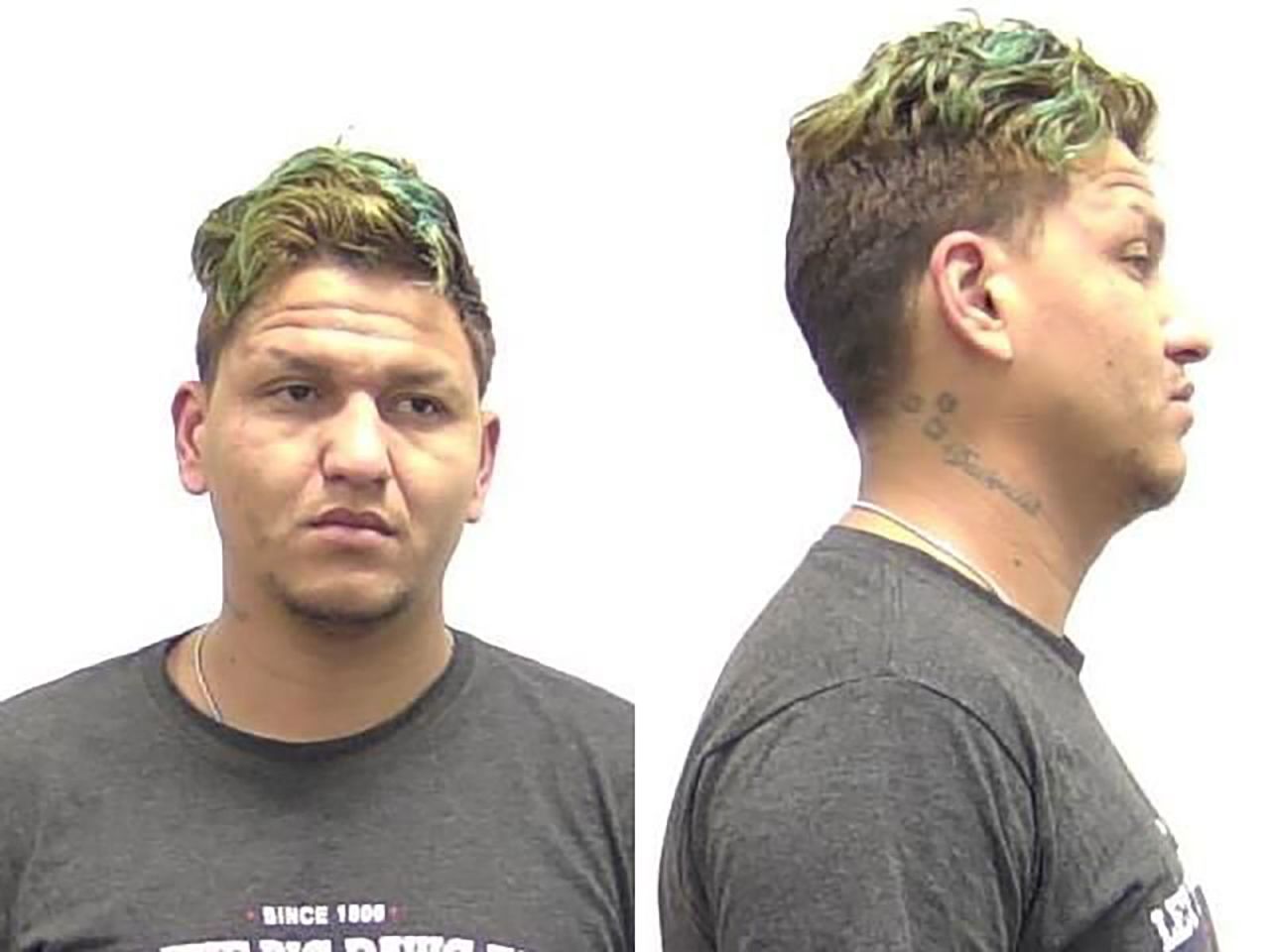Here are some of the main figures in the murder trial:
The victim: Laken Riley, 22, was a UGA student until May 2023 before studying nursing at Augusta’s College of Nursing campus in Athens.
She had just made the fall dean’s list and received her honorary white coat, “symbolizing humanism, compassion, and the start of her nurse’s journey,” the nursing college said on Facebook. She was set to graduate in 2025.
On the morning of February 22, she was on her morning jog at the University of Georgia’s campus when she was killed.
The defendant: Jose Antonio Ibarra, a 26-year-old migrant from Venezuela, has been charged with 10 counts in all: malice murder, three counts of felony murder, kidnapping with bodily injury, aggravated assault with intent to rape, aggravated battery, obstructing a person making an emergency call, tampering with evidence and peeping Tom, according to the indictment.
He has pleaded not guilty. If he is convicted of the most serious charges, prosecutors intend to seek a sentence of life in prison without the possibility of parole, according to court records.
Ibarra was arrested in 2022 after entering the US illegally and was “paroled and released for further processing,” US Immigration and Customs Enforcement said.
He also was arrested by New York City police in September 2023 and charged with “acting in a manner to injure a child less than 17 and a motor vehicle license violation,” but he was released “before a detainer could be issued,” ICE said in a news release. The NYPD said it did not have a record of his arrest.
By February 2024, Ibarra was living in Athens, Georgia – home to the University of Georgia.
The judge: Superior Court Judge H. Patrick Haggard is a no-nonsense, silvery-white-haired jurist whose father was killed in an armed robbery.
Appointed to the Superior Court bench in 2011 by Republican Gov. Nathan Deal, he is no stranger to high-profile cases. A year after his appointment to the judicial circuit that covers Athens, Haggard was assigned the death-penalty trial of the admitted killer of a police officer, Jamie Hood, who represented himself.






















